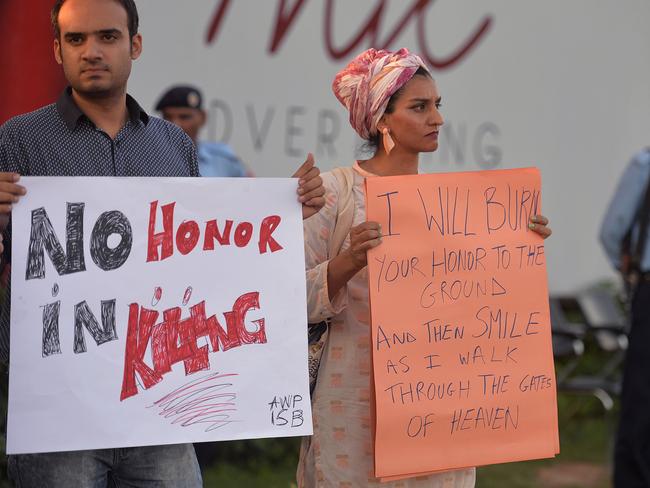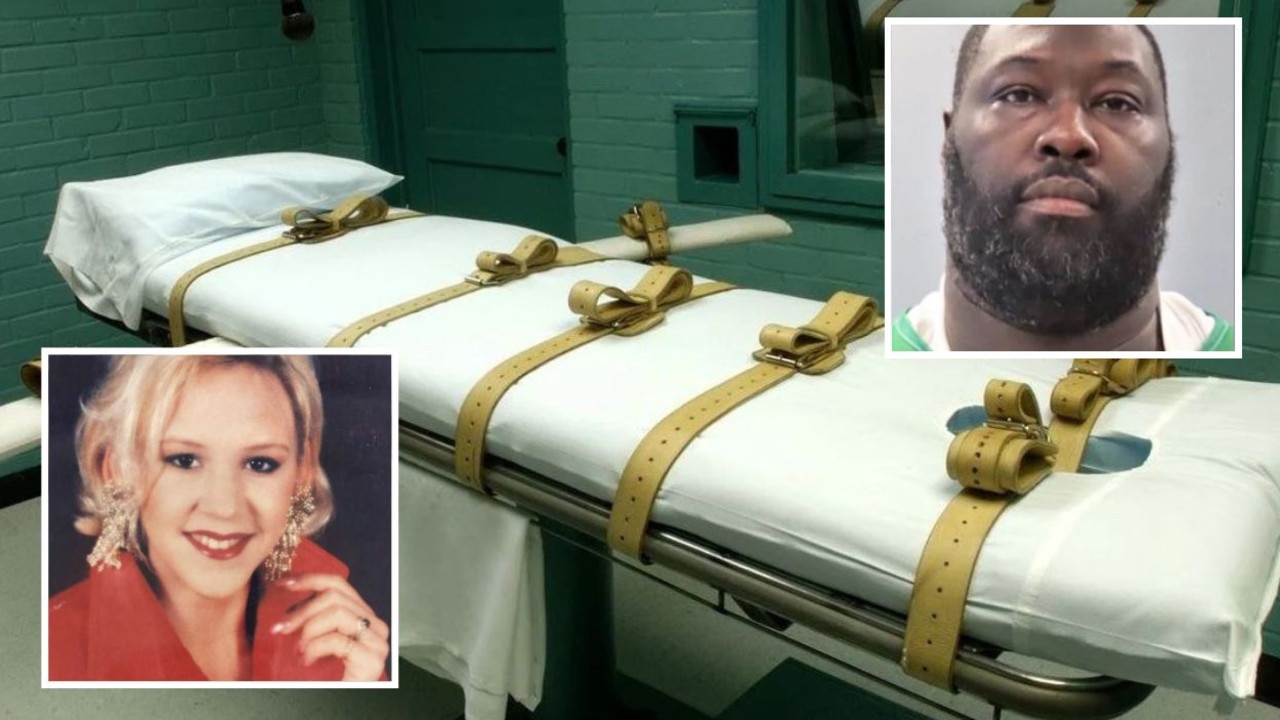Qandeel Baloch Murder documentary: Why was Pakistani social media star killed?
WHAT really happened to Pakistan’s Kim Kardashian? Her brother was jailed for her honour killing. But many believe there’s more to it.

SHE was known as Pakistan’s Kim Kardashian, a confident online star who pushed the boundaries of her country’s patriarchal dominance.
But when Qandeel Baloch was murdered in an honour killing last year at the hands of her own brother, it sent shockwaves throughout the world.
Now one year later a new documentary investigates what other factors are behind the former model’s death.
Hani Taha’s documentary, Qandeel Baloch One Year On, takes an inside look at a girl who started off poor and fled a violent husband to become Pakistan’s biggest online sensation.
It looks at how a series of selfies taken with an influential Muslim cleric Mufti Abdul Qavi led to her true identity being revealed and left a brother feeling deeply ashamed.
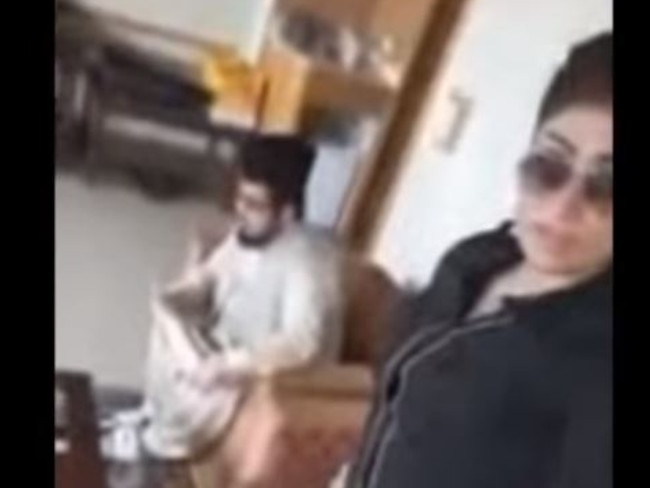
THE MURDER
Baloch was strangled near the city of Multan, in the conservative Punjab, in July last year.
She had travelled with her family to Muzzafarabad village in central Punjab province as part of the Eid holiday.
But her life was cut short after her brother Waseem killed her.
Along with his cousin Haq Nawaz, the men are being tried for her murder while another two were arrested, accused of helping plan the death.
Confessing to the crime during a press conference, Waseem claimed his sister had brought great dishonour on the family.
But as the documentary highlights, their parents tolerated Baloch’s sexy online persona for years as did most of her family, so what caused her brother to suddenly turn?

The documentary shows how a series of selfies and videos taken with the influential mullah led to the social media star’s true identity being unmasked.
Local media suddenly wanted to know everything about her and even uncovered her passport and real name, Fouzia Azeem.
No longer just an anonymous social media star, her brother revealed how the sudden media attention became an issue.
“When it became an issue, I did what I did,” he said last year.
“I gave her sleeping tablets, and then I strangled her. We are the Baloch tribe and we don’t tolerate such things.”
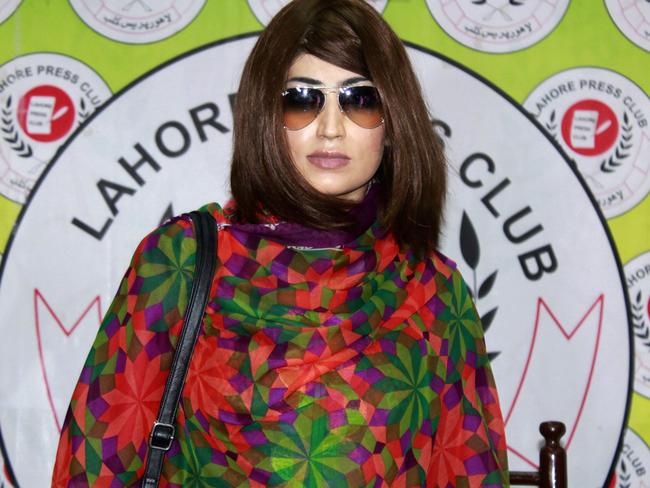
THE MULLAH AND THE SELFIE
Baloch first appeared alongside Mufti Abdul Qavi, a well-known cleric and part of Pakistan’s religious counsel, in a TV show last year.
Then a month before her death the pair met again at a hotel in Karachi, posing together in a series of selfies.
The footage went viral and soon appeared throughout the media and led to the humiliated mufti being suspended from the national religious council.
While police have no evidence to link him to the murder, and he has not been arrested or charged, a judge on the case wants Mufti Qavi to appear before the court.
“Qandeel’s brother killed her, but Mufti Qavi and the selfies clearly played some role,” Taha reveals in the documentary which aired on BBC Stories.
When questioned by Taha, he told her he was innocent and Baloch’s death was simply an act of God.

RISING STAR
Baloch shot to viral fame with a string of sexy and provocative videos in 2014 and appeared on Pakistan Idol the year before.
Fans called her bold and provocative while conservatives condemned her sexy online videos.
Her defiance of tradition and defence of liberal views won her many admirers among Pakistan’s overwhelmingly young population.
Last year, she also vowed to perform a striptease if Pakistan’s cricket team beat India at the World T20, though they later lost.

But in a country where women have fought for rights for decades, and acid attacks and honour killings remain commonplace, she was also reviled by many and frequently subject to misogynist abuse.
The women’s rights activist was also a vocal critic when it came to domestic violence.
In her last interview with Pakistan’s biggest English-language newspaper Dawn, she spoke of being married against her will at age 17 to “an uneducated man” with whom she had a child, adding that they later divorced.
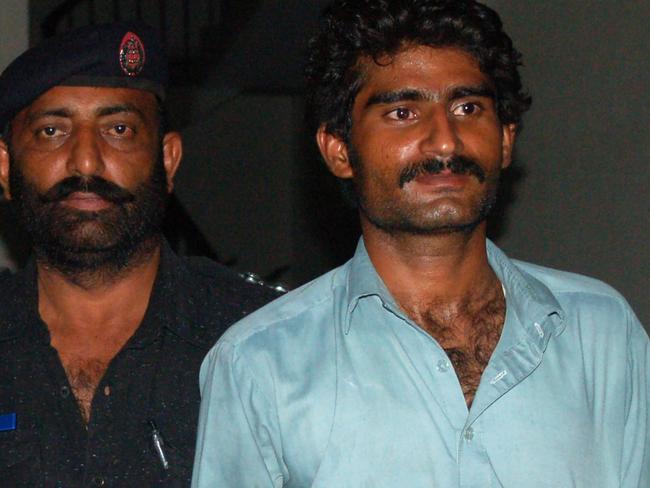
THE PROTESTS
Hundreds of women are murdered for “honour” every year in Pakistan, and Bolach’s death sparked protests and outage.
In most honour killings, perpetrators used to walk free because of a law that allows the family of the victim to forgive the murderer — who is often also a relative.
But Bolach’s death helped lead to a new anti-honour killing bill which means her brother can’t be set free even if he is forgiven by his family.
Her death and the issue of honour killings also drew the attention of filmmaker Sharmeemn Obaid-Chinoy, who produced a short film in her memory which features narration by pop queen Madonna.
The video shows the social media star in her element while the singer applauds the change in the honour killing law.
— with AFP
